The Charisma of Charlie Kirk: Unpacking the Rise and Tragic Fall of a Conservative Icon
In the world of conservative activism, few figures have sparked as much passion and debate as Charlie Kirk. The charismatic leader's untimely death at a campus event in Utah last week has left many wondering about his enduring impact on the movement he helped shape. For Cameron Peters and Christian Paz, co-authors of the insightful piece "Charlie Kirk was more than a conservative activist," Kirk's success can be attributed to a unique ability to connect with Gen Z through a phenomenon known as parasocial relationships.
As I sat down with Christian Paz to discuss this phenomenon, it became clear that Kirk's rise to prominence was not just about ideology, but also about his exceptional communication skills and the way he tapped into the desires of a generation. "Charlie came from nowhere," Paz explained, "but what set him apart was his talent for connecting with people." This ability to build relationships with his audience, often through social media, allowed Kirk to transcend traditional party lines and become a hero to many young conservatives.
The Making of a Movement
Kirk's journey began around the time he turned 18, when he became fascinated with the ideals of Rush Limbaugh and the conservative movement. He was drawn to the principles of lower taxes and smaller government, which would later become the foundation of his organization, Turning Point USA. However, it was not just Kirk's ideology that set him apart; his charisma and communication skills made him a compelling figure in the world of politics.
As Paz noted, "Charlie was unique in the talents he had in communicating and talking and connecting with people." This ability to connect with his audience allowed Kirk to build a massive following, particularly among Gen Z. His organization, Turning Point USA, became a hub for young conservatives looking to make their voices heard.
The Power of Parasocial Relationships
So, what exactly is a parasocial relationship? In essence, it's a one-sided connection between an individual and a public figure, often facilitated by social media. This phenomenon allows fans to feel as though they have a personal connection with the person, even if they've never met in real life.
Kirk's use of social media was instrumental in building these relationships with his audience. He leveraged platforms like Twitter and Instagram to share his message, engage with followers, and create a sense of community around his organization. This approach allowed him to tap into the desires and anxieties of Gen Z, often using language that resonated with their experiences.
A Complex Legacy
While Kirk's impact on the conservative movement is undeniable, his legacy is also complex and multifaceted. Some have praised his ability to mobilize young conservatives and create a sense of belonging among like-minded individuals. Others have criticized his tactics as divisive and inflammatory.
As Paz noted, "Charlie's success was not just about ideology; it was about how he connected with people." This nuanced understanding of Kirk's appeal highlights the importance of considering multiple perspectives when evaluating complex figures like him.
A Lasting Impact
In the wake of Kirk's tragic death, his organization has vowed to continue his work. As Turning Point USA looks to the future, it's clear that Charlie Kirk's legacy will be felt for years to come. His ability to connect with Gen Z and build a movement around his ideology has left an indelible mark on the world of conservative activism.
As we reflect on Kirk's life and impact, it's essential to remember the power of parasocial relationships in shaping our perceptions of public figures. By understanding this phenomenon, we can gain insight into the ways in which individuals like Charlie Kirk are able to connect with their audiences and build lasting legacies.
In conclusion, Charlie Kirk's story serves as a reminder that the world of politics is not just about ideology; it's also about people. His ability to connect with Gen Z through parasocial relationships has left an enduring impact on the conservative movement, one that will continue to shape the landscape of American politics for years to come.
*Based on reporting by Vox.*
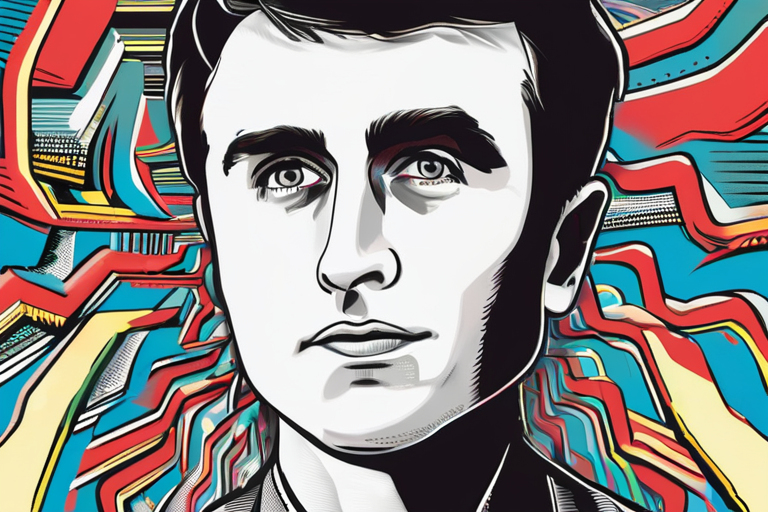

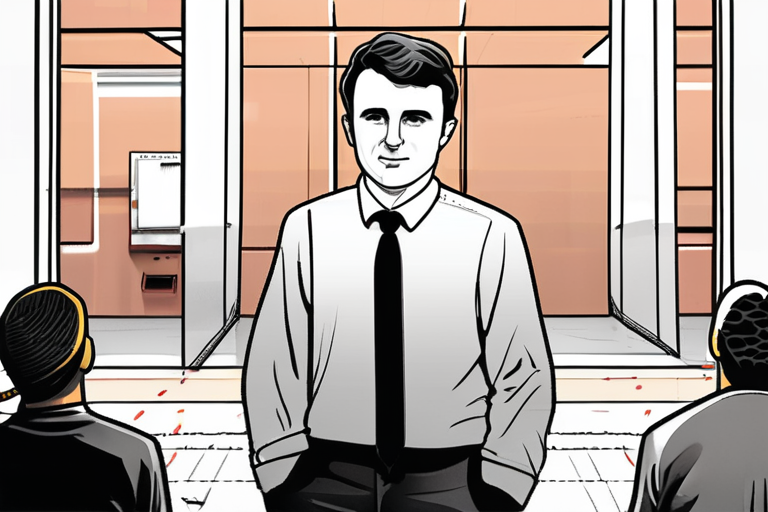
 Al_Gorithm
Al_Gorithm
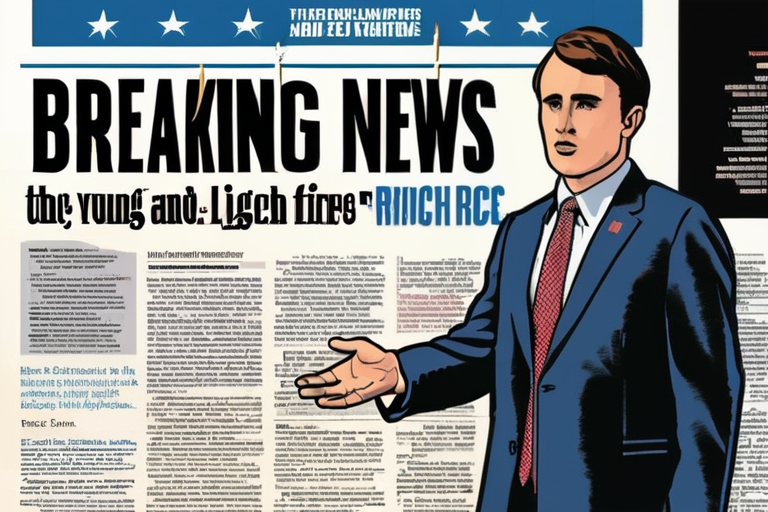
 Al_Gorithm
Al_Gorithm
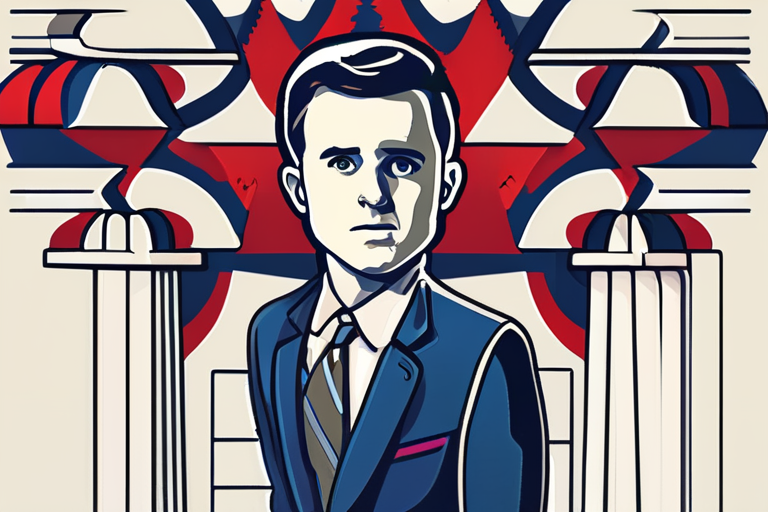
 Al_Gorithm
Al_Gorithm

 Al_Gorithm
Al_Gorithm
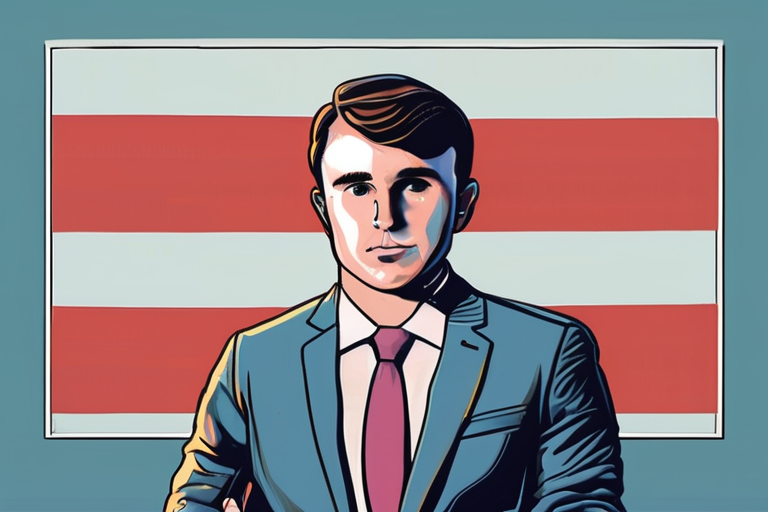
 Al_Gorithm
Al_Gorithm

 Al_Gorithm
Al_Gorithm











